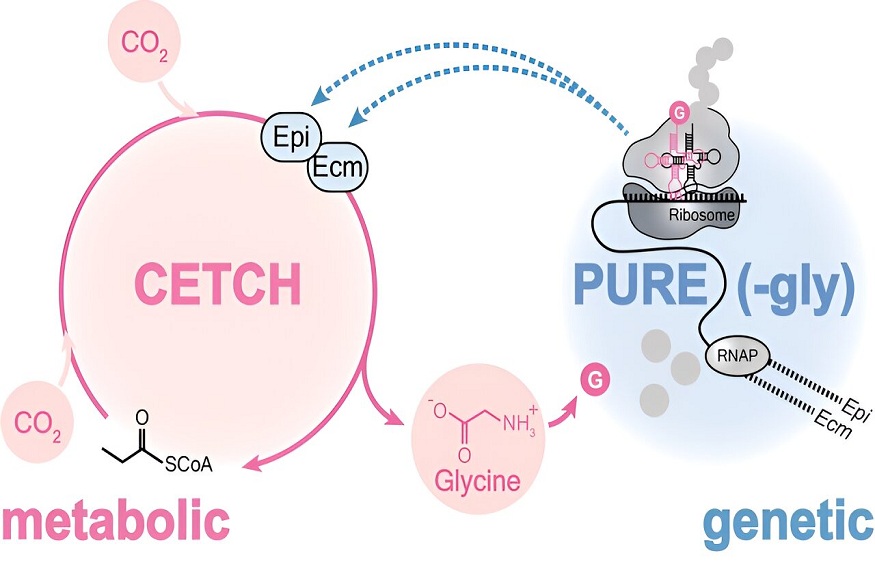In the most common cases, muscle tension causes a stiff neck (medical: acute torticollis). These neck strains can be caused by many factors:
Bad postures: due to an unfavorable sleeping position, bad posture at work, continuous and repetitive movement sequences or bad posture of the spine.
Mental loads and stress: Mental loads and prolonged stress can trigger neck pain over a longer period of time.
Environmental factors: A sharp pain in the back of the neck often occurs as a result of a draft or a cool breeze. In the hot summer months, air conditioning blowing in the neck area is often the cause.
Illnesses and injuries: In rare cases, pain in the neck can also occur as a side effect of illnesses or as a result of injuries. These include, for example, visual impairment, disc damage, strokes or tumours.
Symptoms and manifestations of tension in the neck
Due to the tension in the muscles, pain in the neck and head often occurs and can spread to the shoulders. Those affected are significantly limited in their mobility due to the acute pain. Symptoms such as fatigue, impaired visual acuity, nausea or dizziness may also occur in a few cases. In rare cases, the pain may spread from the head to the arm. In this case, it is usually a lesion of the intervertebral disc.
How long does a stiff neck last?
Acute neck pain: Symptoms last from a few days to a maximum of two weeks and resolve on their own without medical treatment.
Chronic neck pain: In rare cases, pain and symptoms can last for several months.
What to do against stiff neck?
If tense shoulder and neck muscles are the cause of the stiffness, in most cases you can help yourself. The aim is to stimulate blood circulation in the neck again and thus relieve tension. The following measures can provide relief:
Heat: warm sore muscles with classic home remedies such as hot water bottles and compresses, with heating bandages or an infrared lamp.
Physical activity: Light activity helps relax the muscles and promote blood circulation in the neck. At the same time, the root cause of poor or one-sided posture can be eliminated.
Massage: Massages are an effective way to release tension. Muscles are activated and blood circulation is stimulated. You can massage your neck yourself, a professional masseur can do it, or you can consult a physiotherapist.
Painkillers: Simple painkillers from your medicine cabinet relieve symptoms and inhibit inflammation. They help you stop contractures and the spread of pain in the neck.
When to consult a doctor?
If the stiffness in the neck lasts for more than a week, a doctor should be consulted. After appropriate X-rays in the practice, treatment by physiotherapists and chiropractors with appropriate relaxation exercises for the muscles can be implemented. After 3-4 weeks, patients no longer need treatment.
If the pain does not subside after this time, magnetic resonance imaging can be used to look for a herniated disc, a deformation or a tumour. The neurologists consulted can identify the cause of the pain by measuring the various nerves in the region of the facial bone and the upper extremity.
In cases of intervertebral disc injury, local pain therapy with application of steroids to the damaged area often provides the desired relief. In the case of very stubborn painful pathologies, and depending on subsequent findings, an artificial intervertebral disc may be considered in the event of damage to this disc, or stiffening of the spine in the event of inflammatory changes in the bone.
Prevention of neck pain
To prevent pain and tension in the neck in the long term, it is important to know their causes. It is therefore important to identify and avoid triggers.
Neck Pain Prevention Exercises:
Targeted training and relaxation of the neck muscles helps prevent future neck pain. On a daily basis, small breaks can be used to stretch and relieve the muscles. Regular sports activities are also a good way to strengthen muscles while promoting physical well-being and helping to reduce stress.





